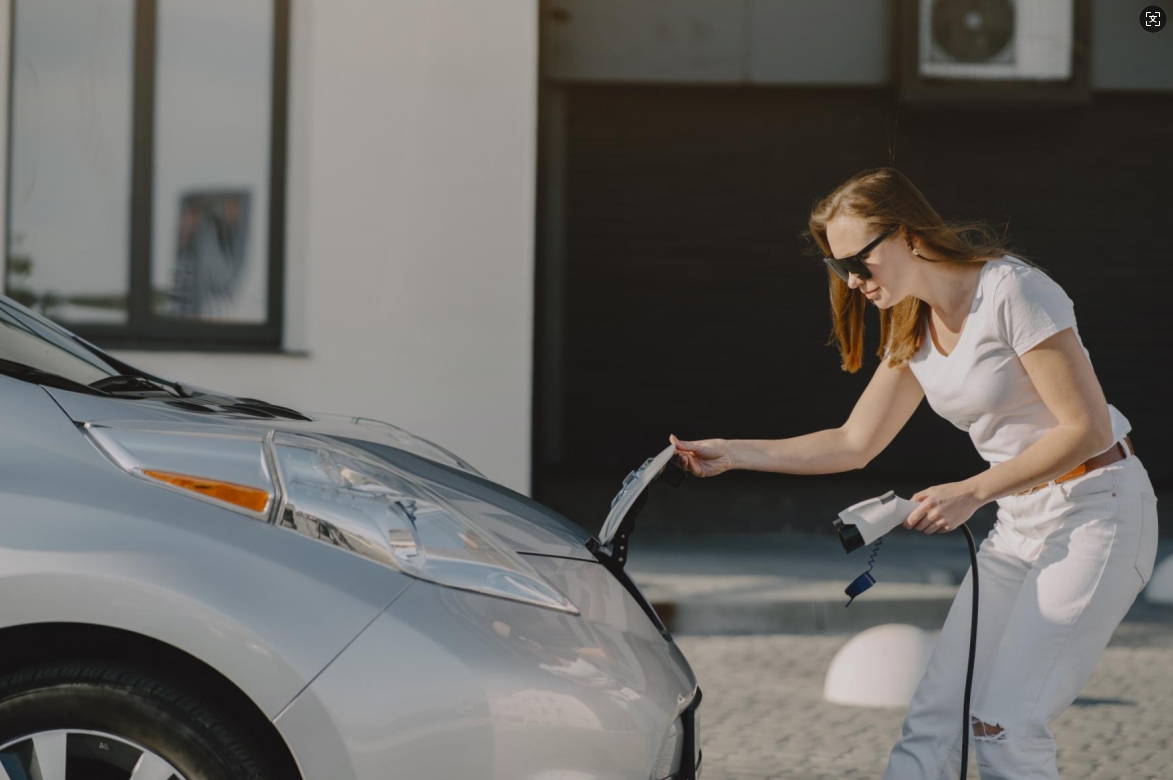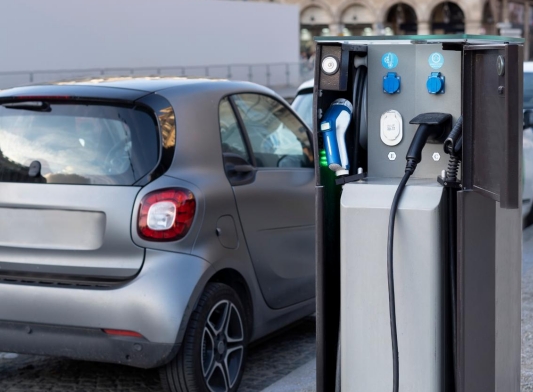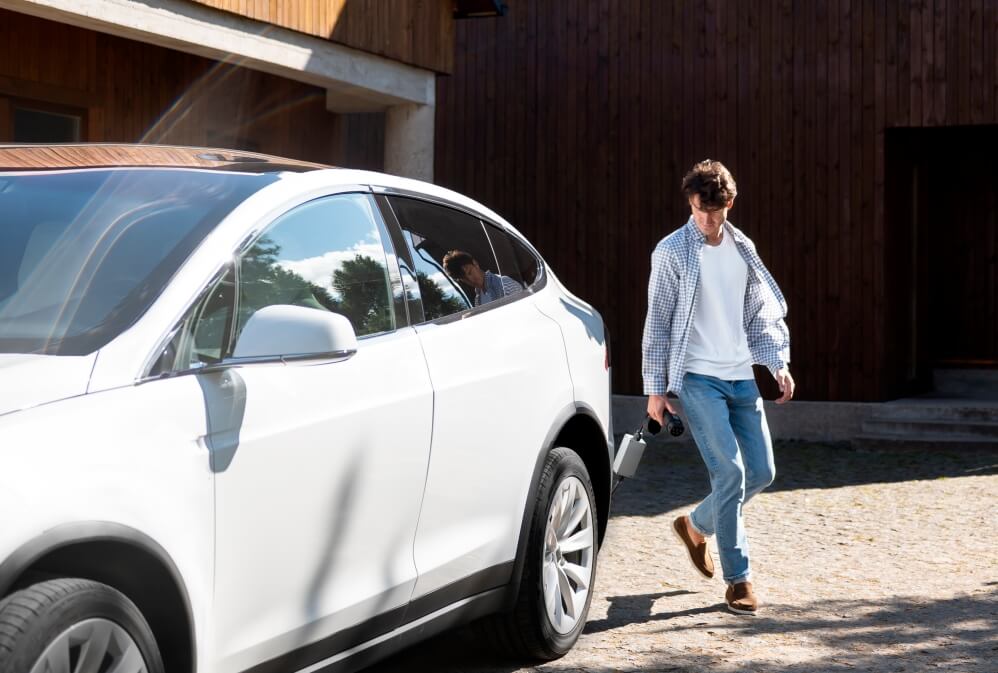Power On the Go: Top 3 Portable EV Chargers for Russia’s Roads
As electric vehicles (EVs) become more common in Russia, the need for flexible charging solutions, such as portable EV chargers, is growing. Whether you own an EV or plan to buy one, understanding Russia’s charging standards, the benefits of portable chargers, and the best models available will help you stay powered up wherever you go.
EV Charger Standards in Russia
Russia primarily uses Type 2 (Mennekes) for AC charging, similar to European standards. CCS2 is the most widely adopted for fast DC charging, though some older models may still use CHAdeMO or Type 1 (SAE J1772). When choosing a portable EV charger in Russia, ensure compatibility with your vehicle’s charging port and the local power grid (220V, 50Hz).
Why You Need a Portable EV Charger in Russia
1. Limited Charging Infrastructure – While Moscow and St. Petersburg have growing EV charging networks, rural areas and long-distance routes often lack stations. A portable EV charger in Russia lets you charge from a standard household outlet.
2. Emergency Power Backup – Extreme weather conditions or remote travel can leave you stranded without charging options. A portable charger provides peace of mind.
3. Travel Flexibility – Russia’s vast landscapes excite road trips, but finding charging points can be challenging. A portable charger ensures you’re never stuck without power.

Top Portable EV Chargers in the Russian Market
Here are some of the best portable EV chargers in Russia options available:
1. Juice Booster 2 – A premium, universal charger supporting Type 2 and Type 1, with adjustable power settings.
2. Tesla Mobile Connector – Ideal for Tesla owners, with multiple plug adapters for different sockets.
3. Tayniu Portable EV Charger – A cost-effective choice with safety features like overcurrent protection.
Important Usage Tips
- Verify Voltage & Plug Type – Russia uses 220V, so ensure your portable EV charger in Russia matches this standard.
- Avoid Extreme Cold – Lithium-ion batteries perform poorly in very low temperatures; store your charger properly when not in use.
- Monitor Charging Speed – Portable chargers are slower than fixed stations, so plan charging sessions accordingly.
- Follow Safety Guidelines – Use only certified chargers to prevent electrical hazards.
Final Thoughts
A portable EV charger in Russia is a practical investment for EV owners, offering convenience and reliability in a country with an evolving charging infrastructure. You can enjoy uninterrupted electric mobility across Russia’s vast terrain by selecting the right model and following proper usage guidelines.
Last Updated on April 11, 2025 by tayniu



